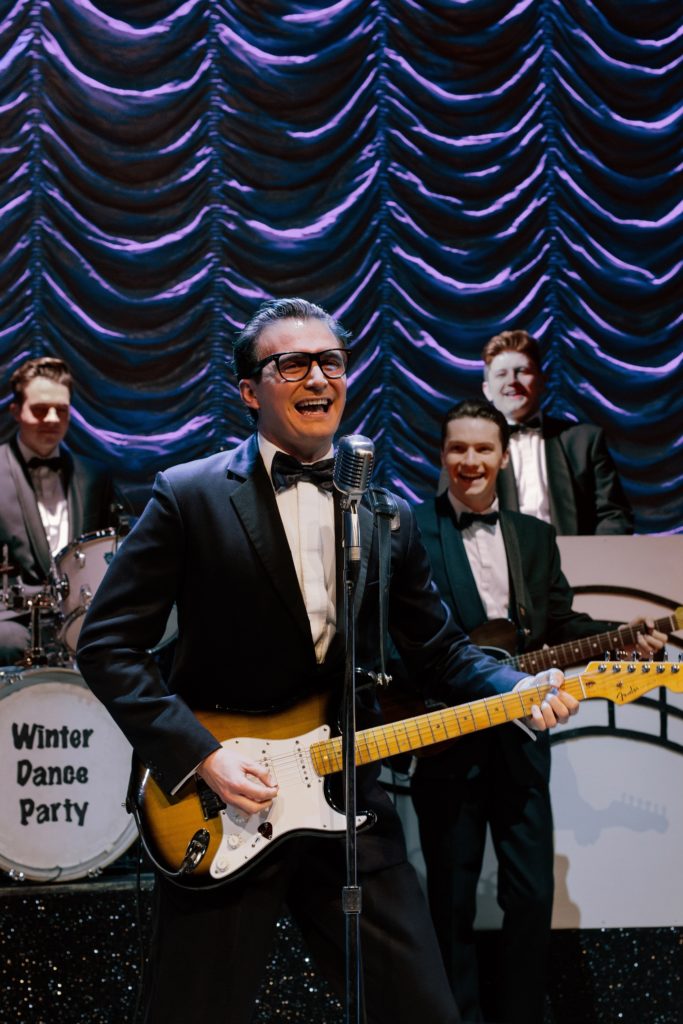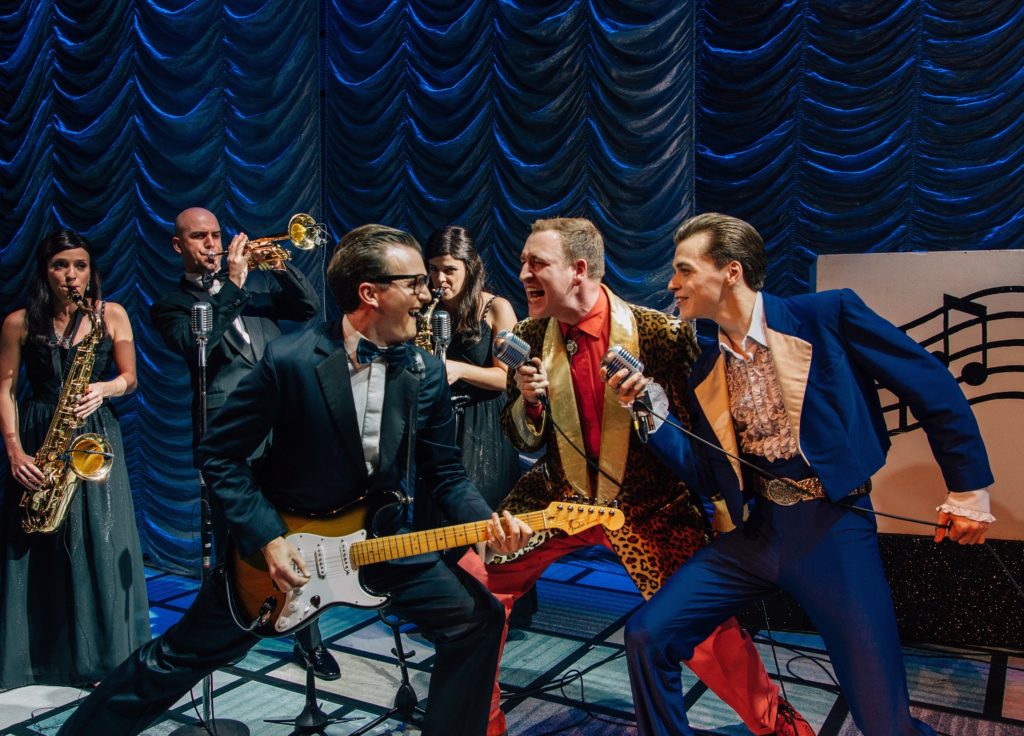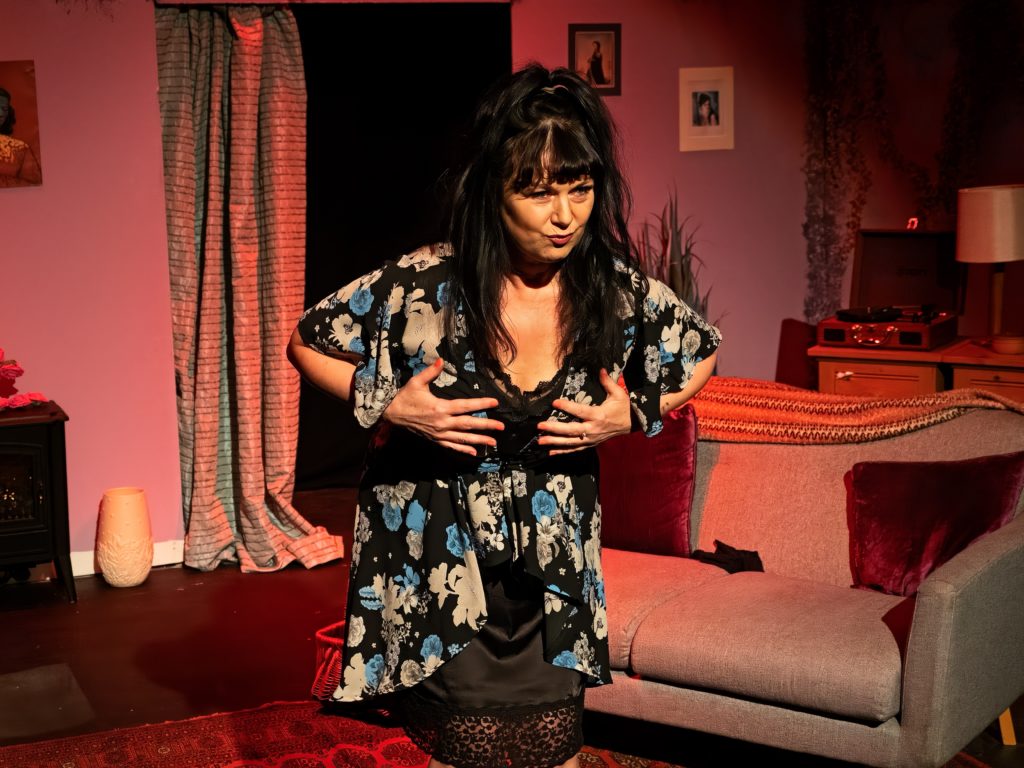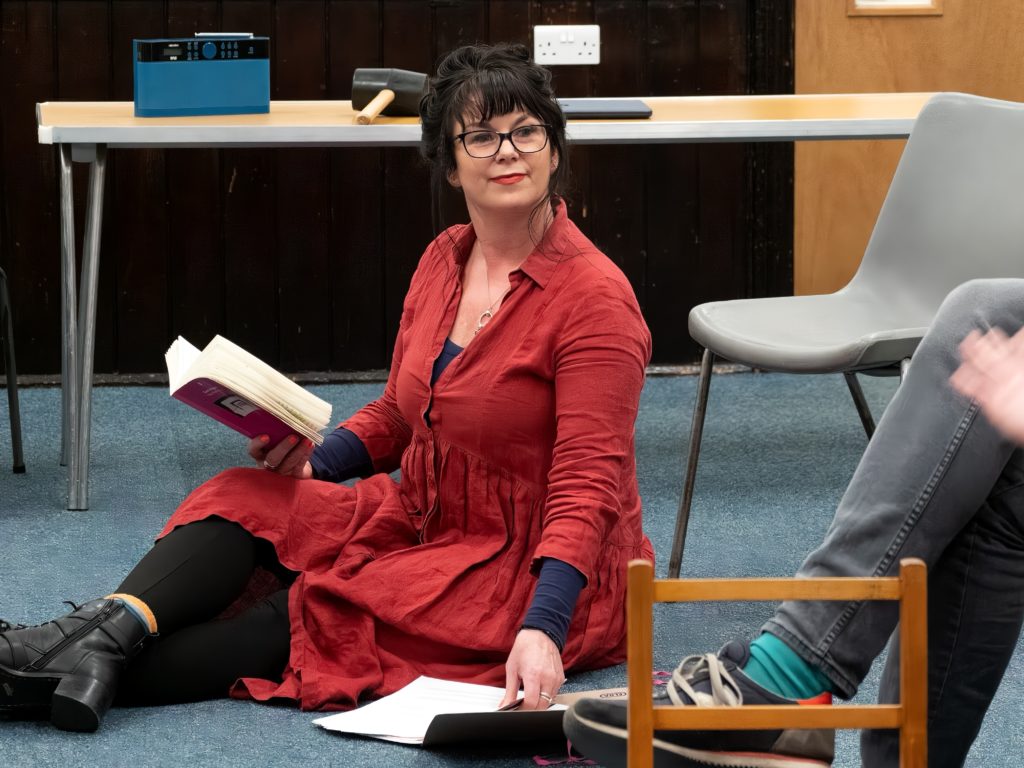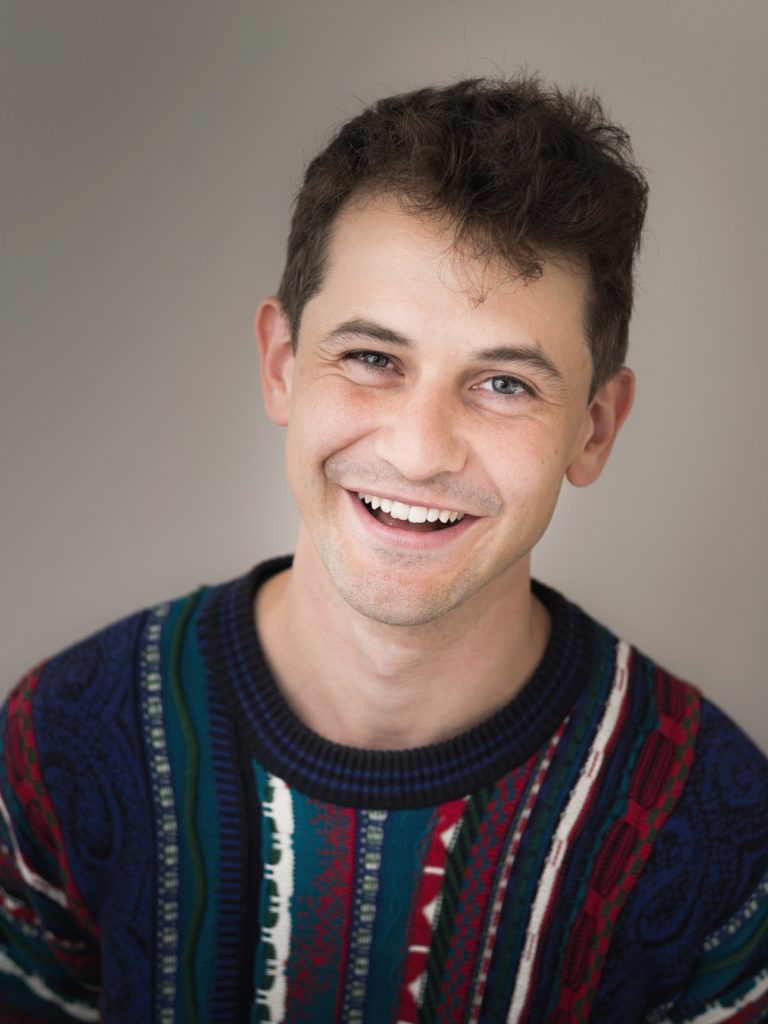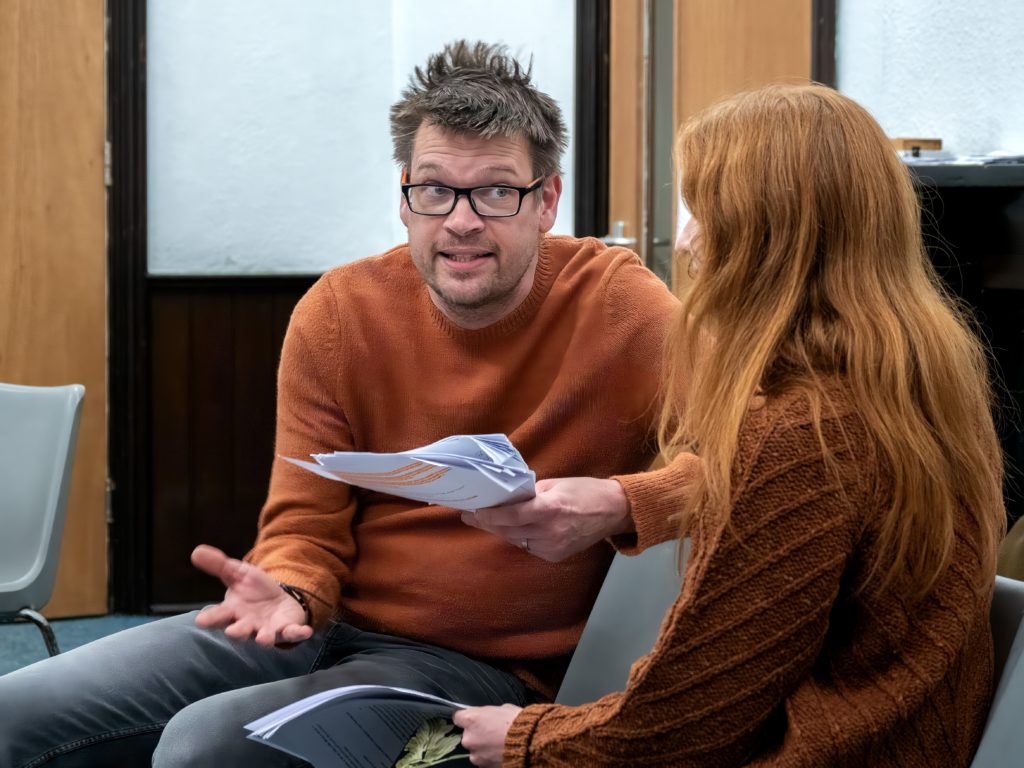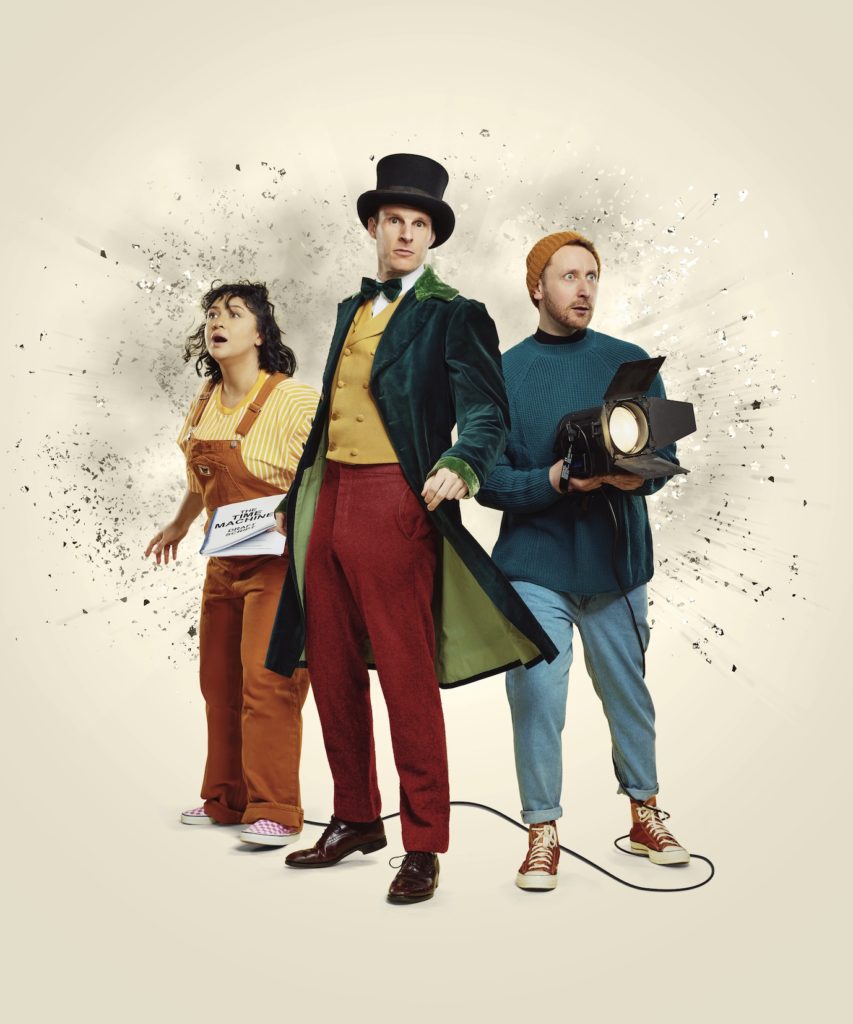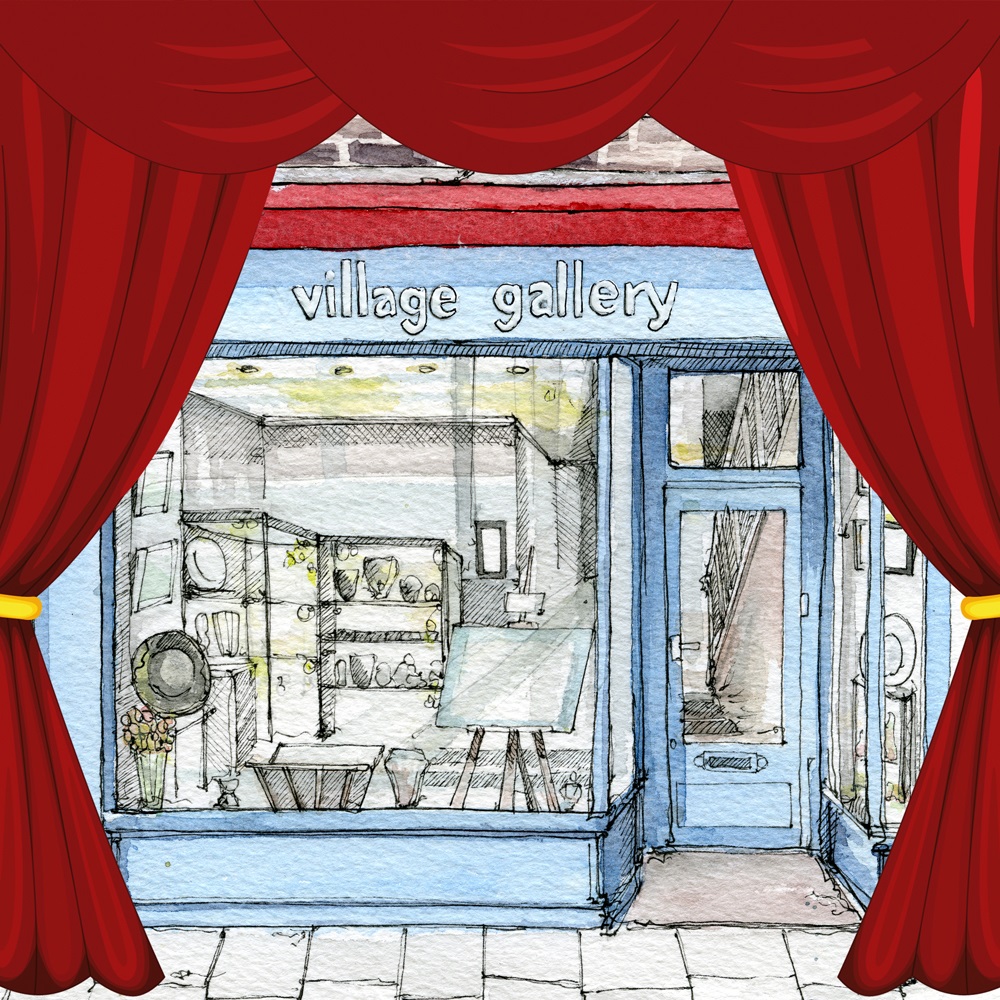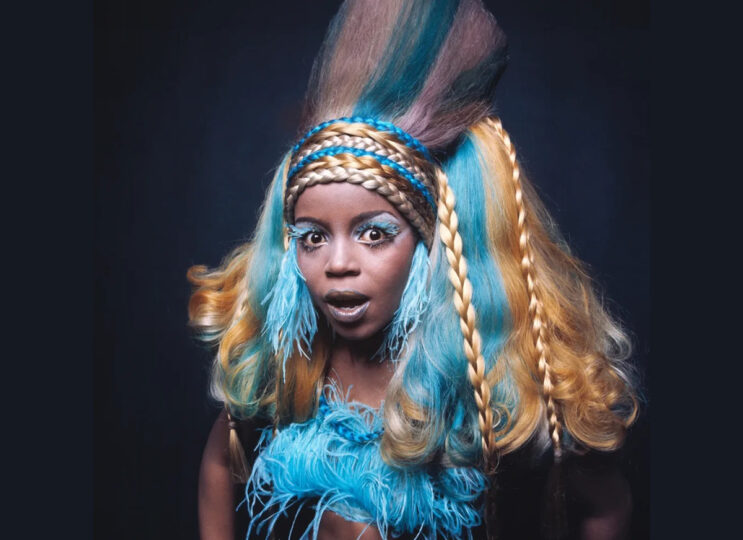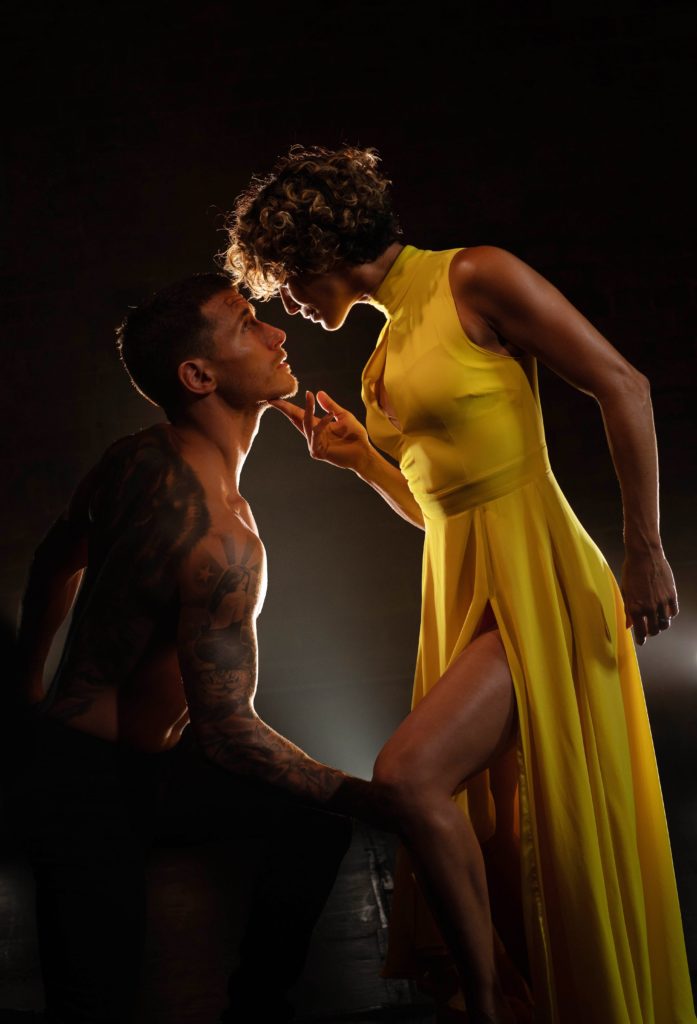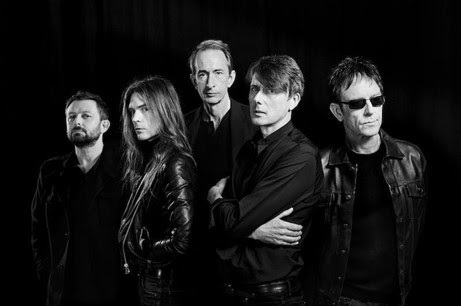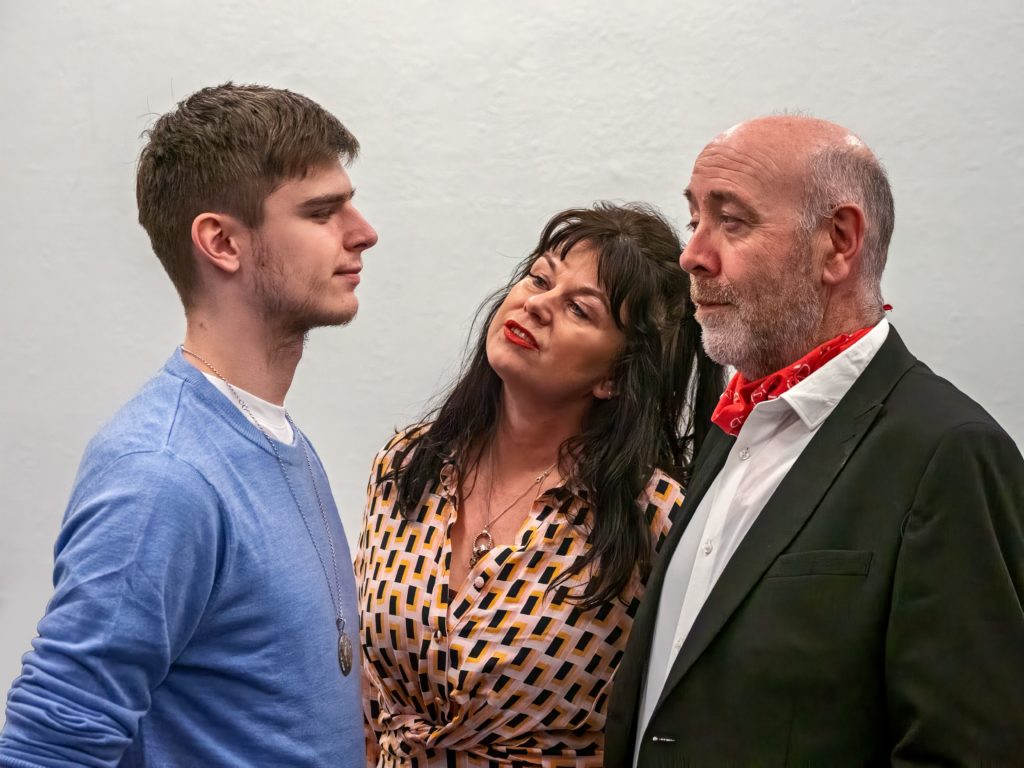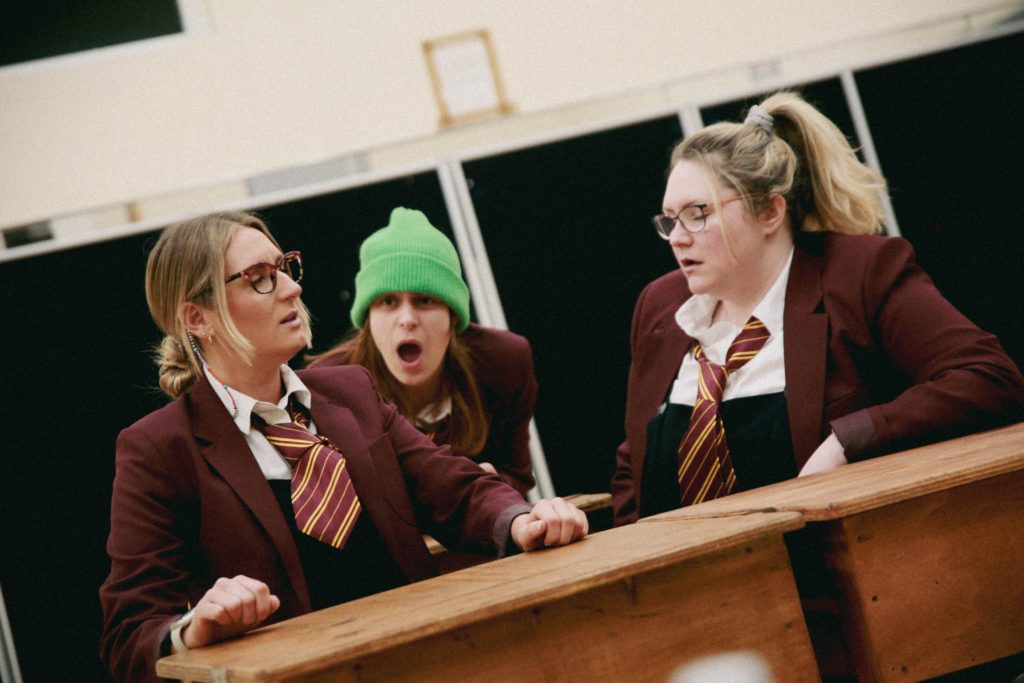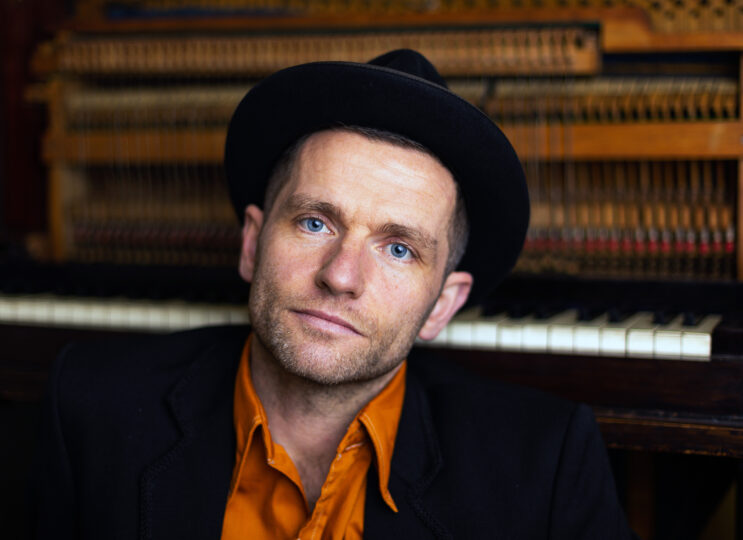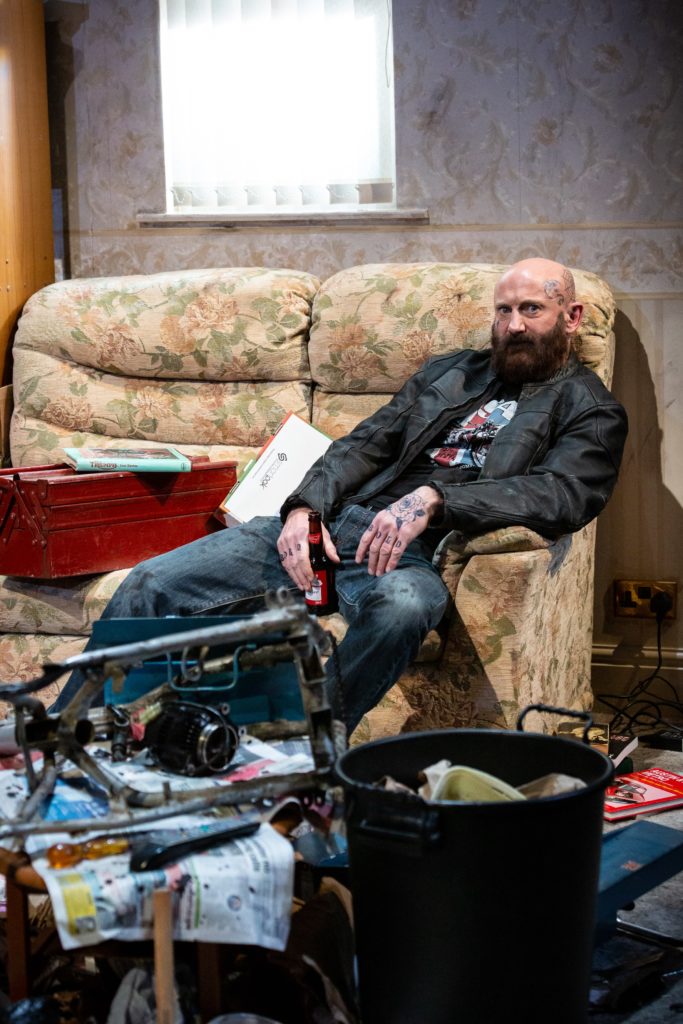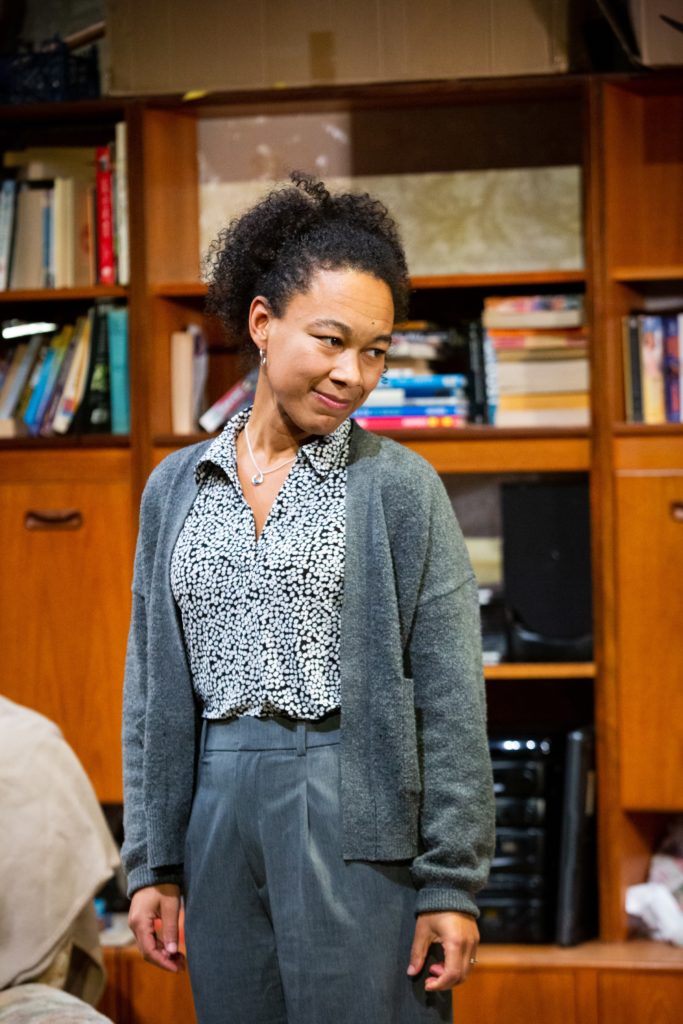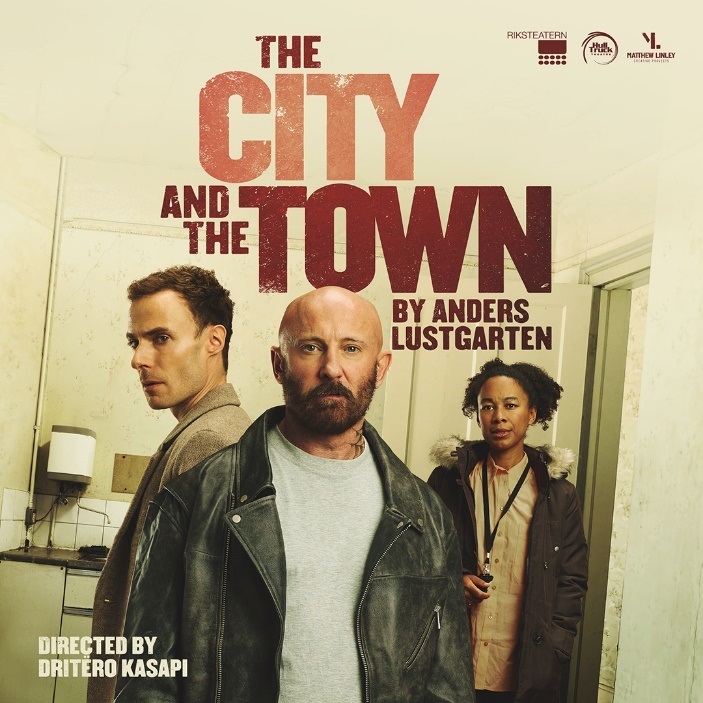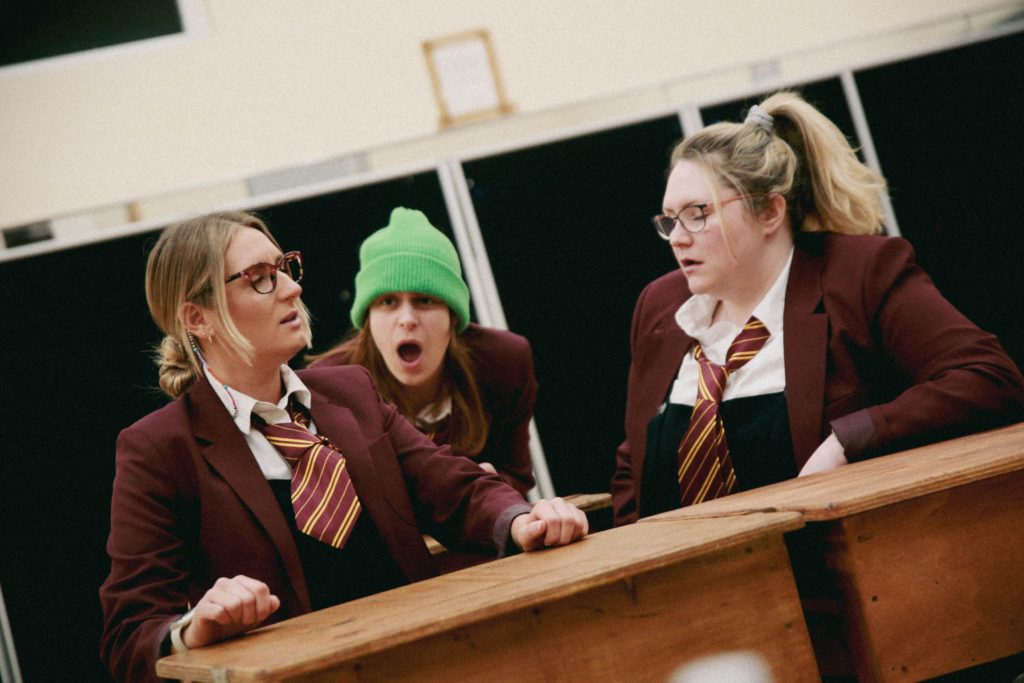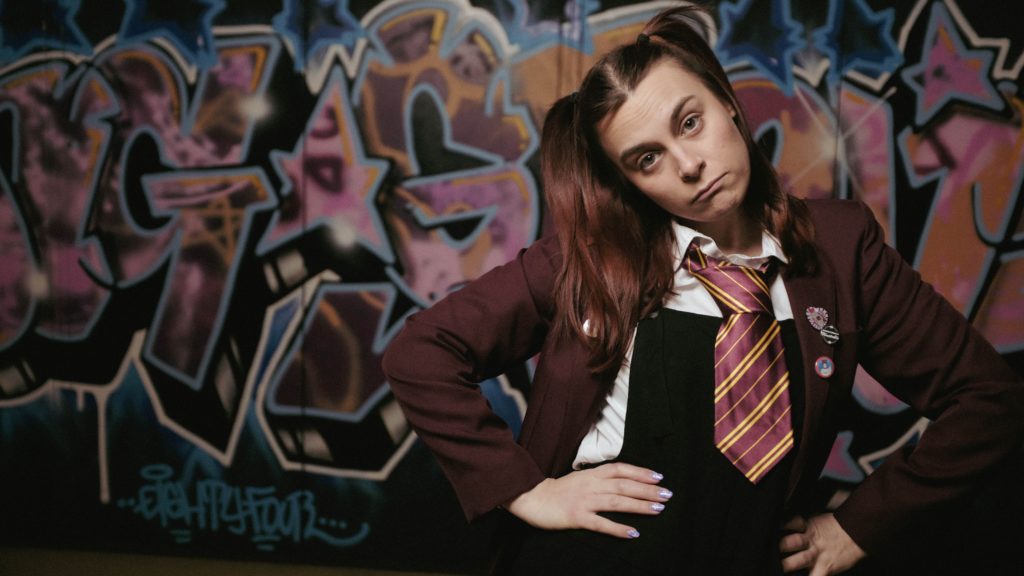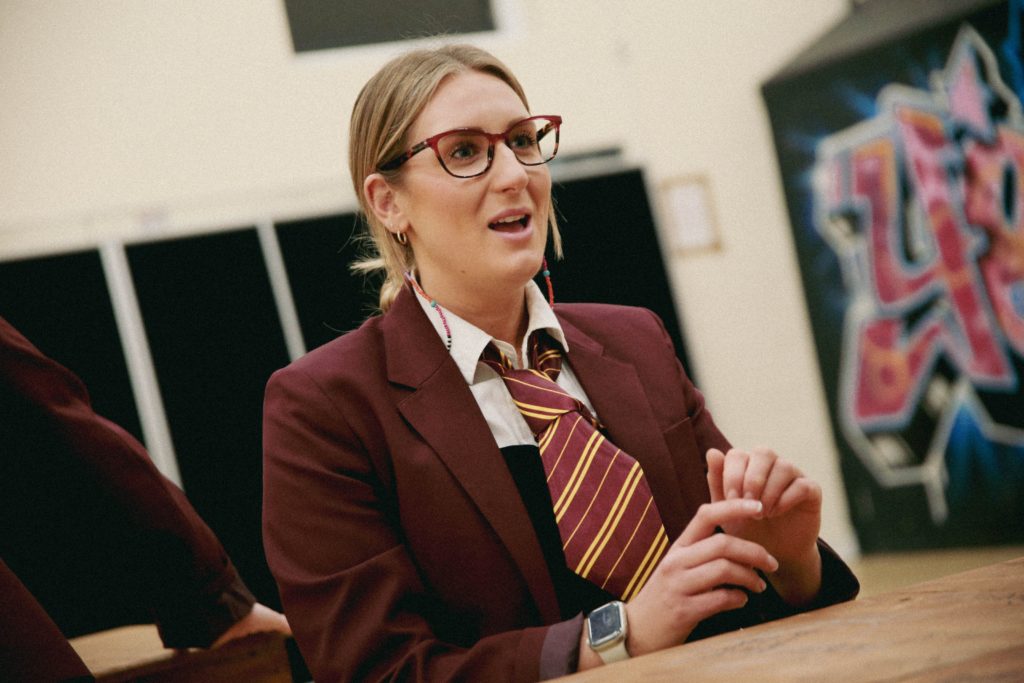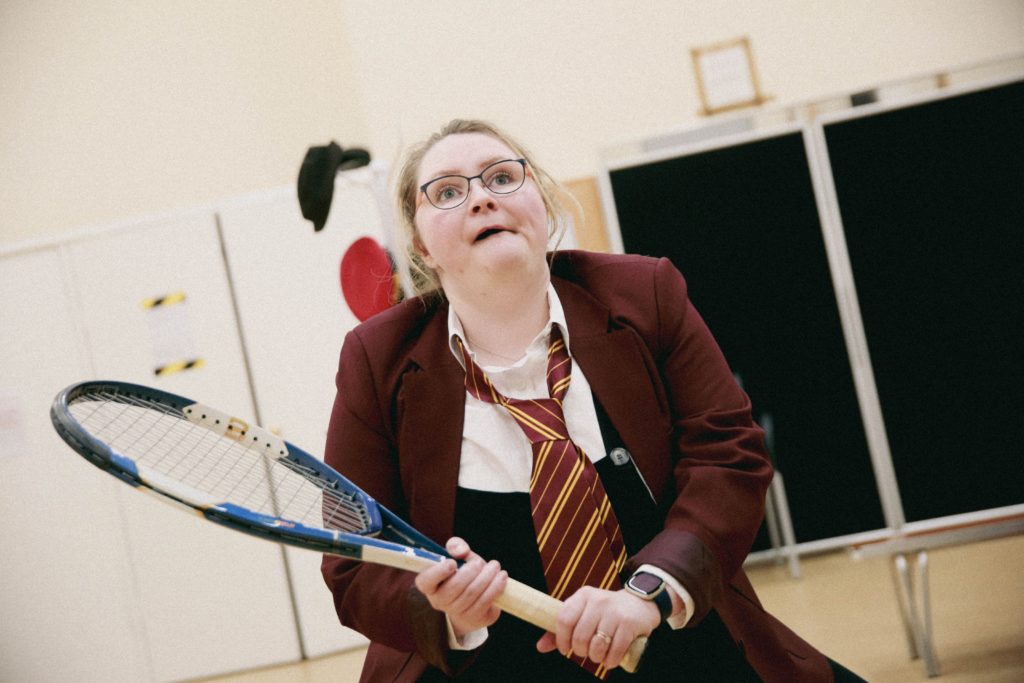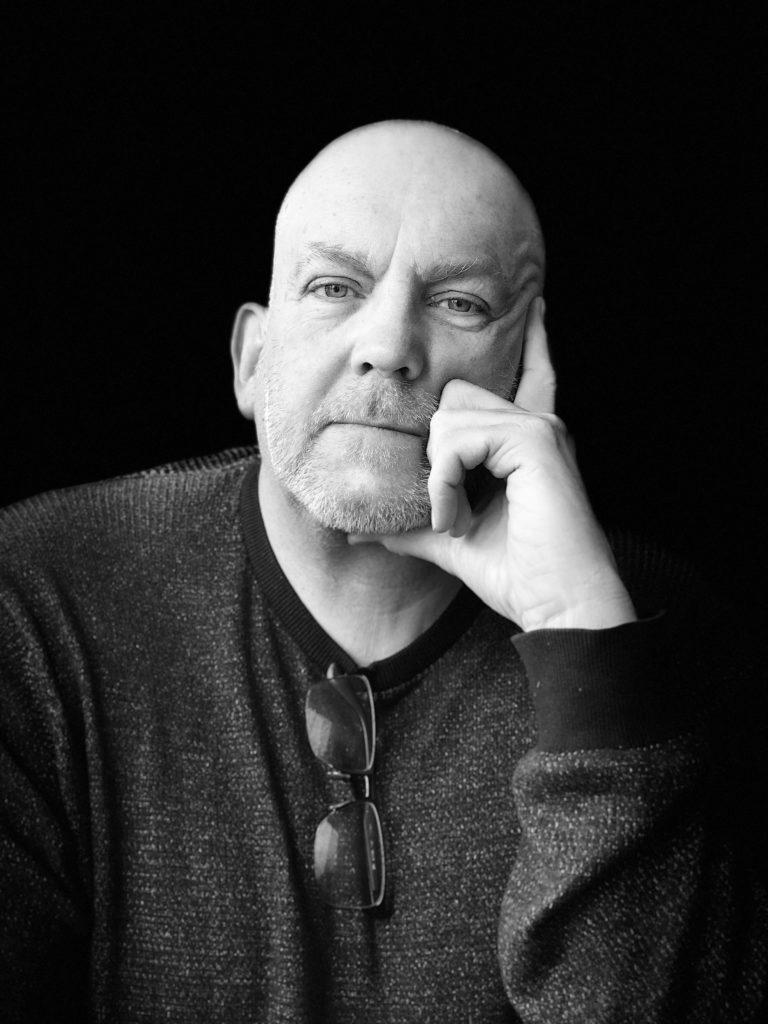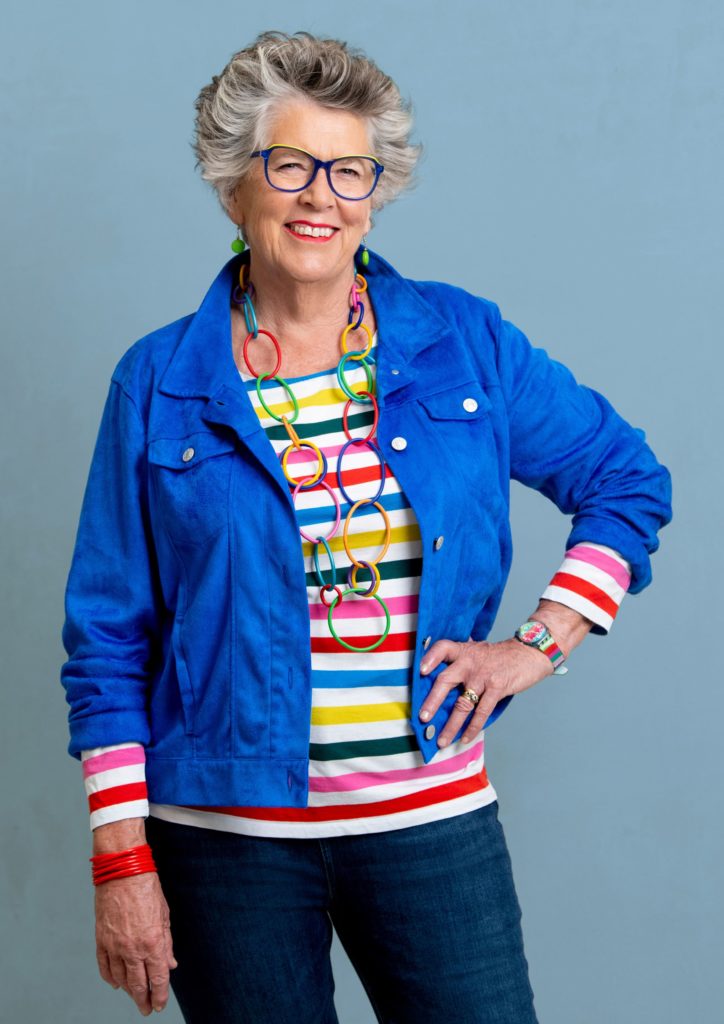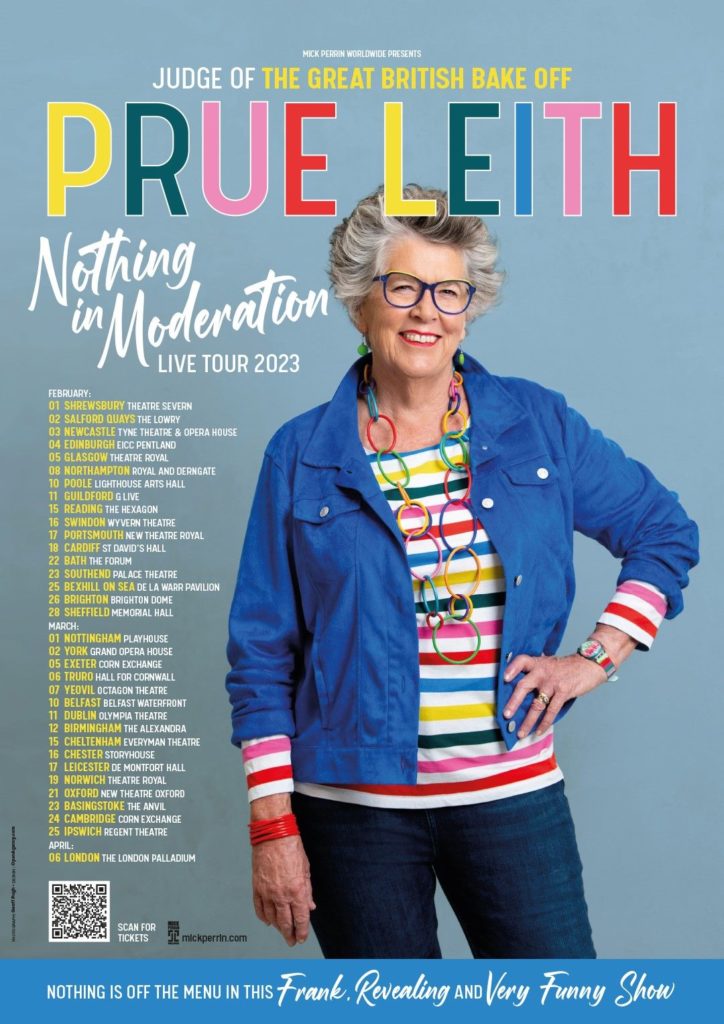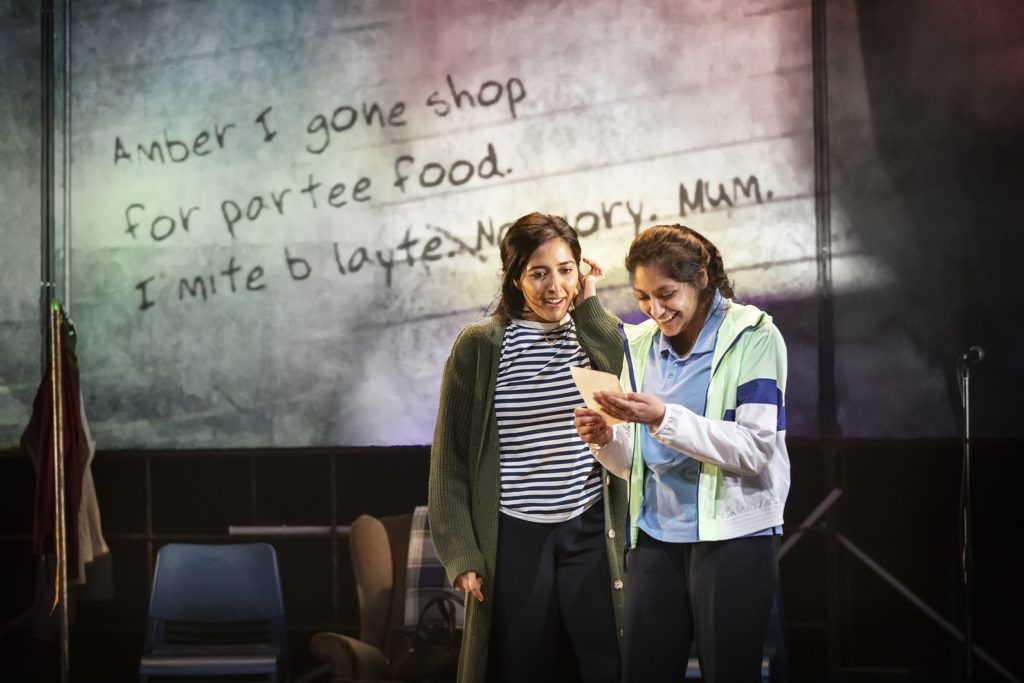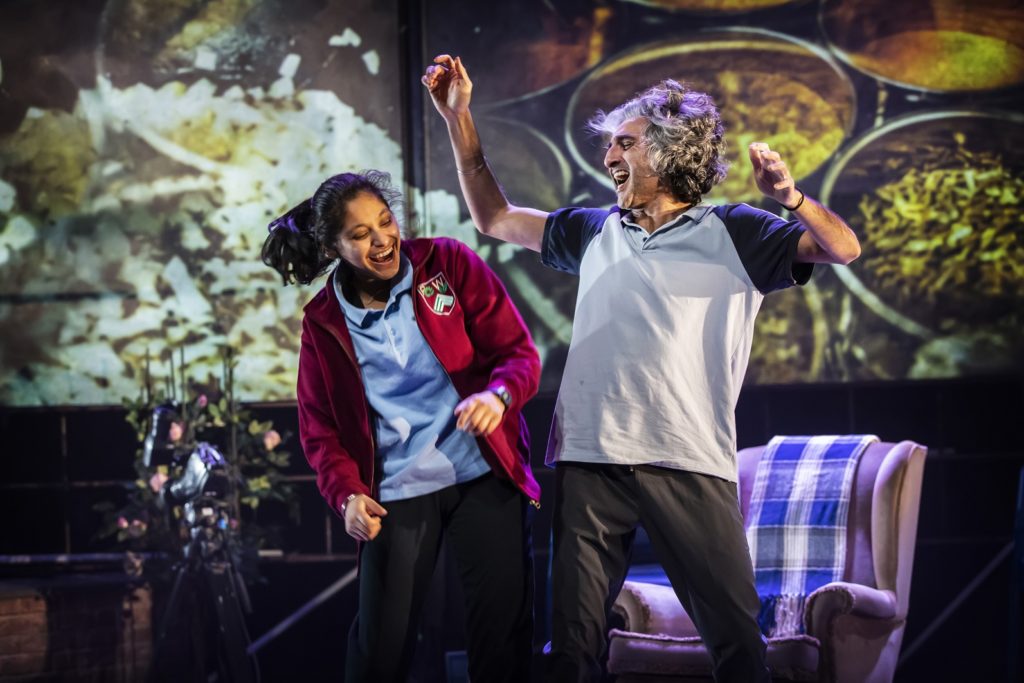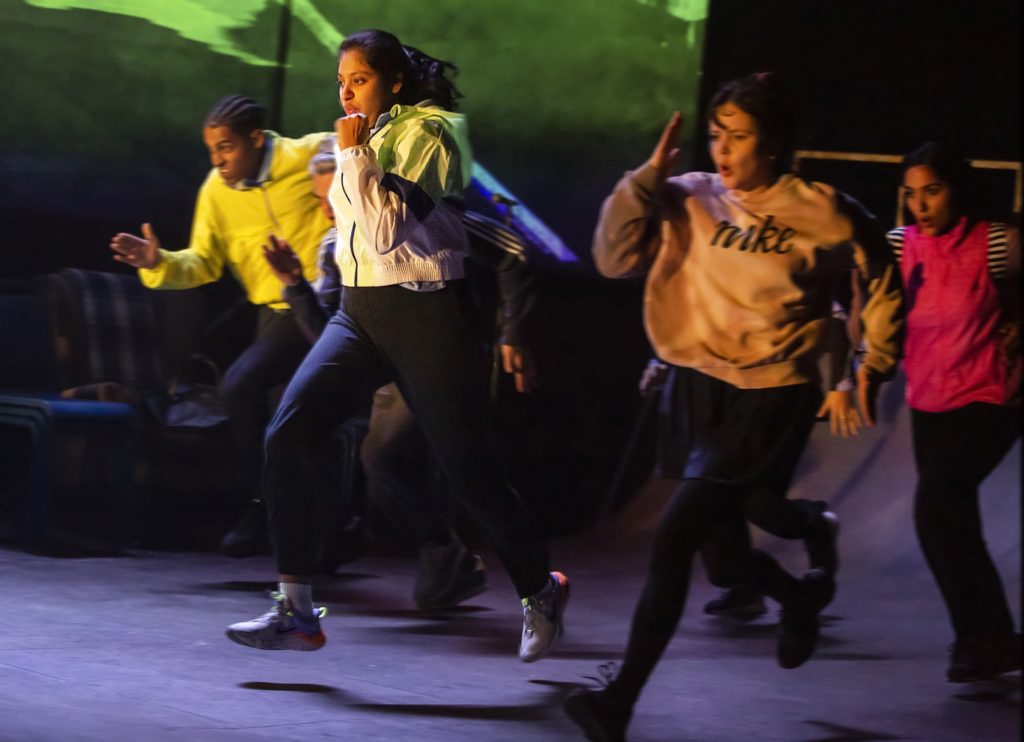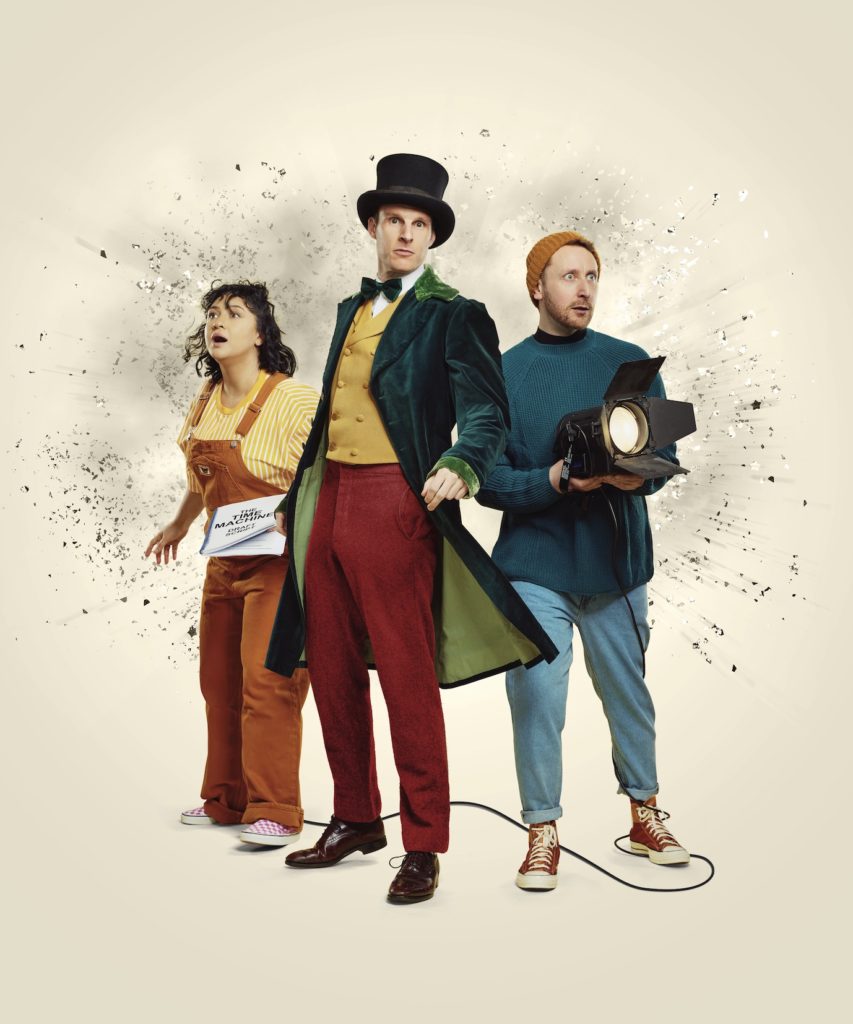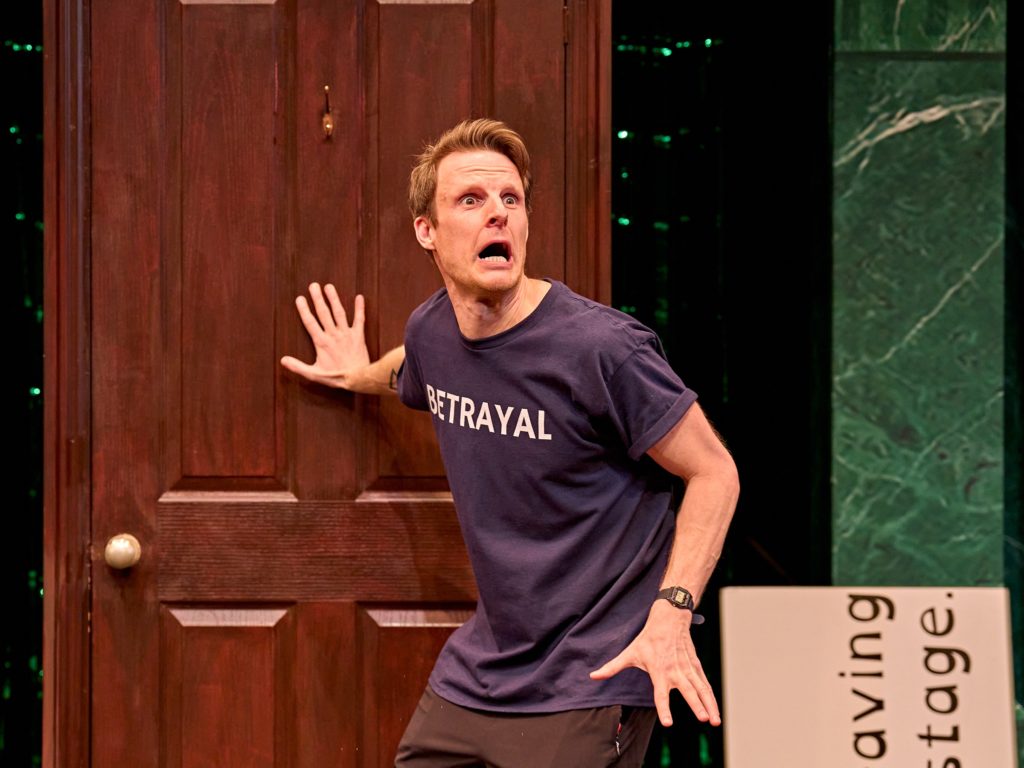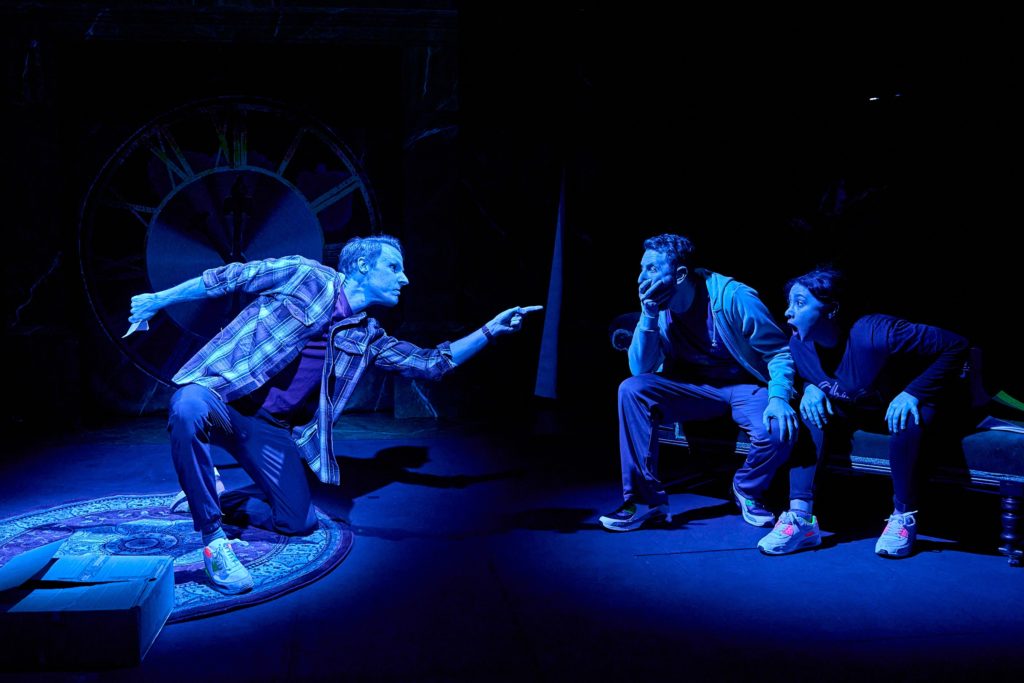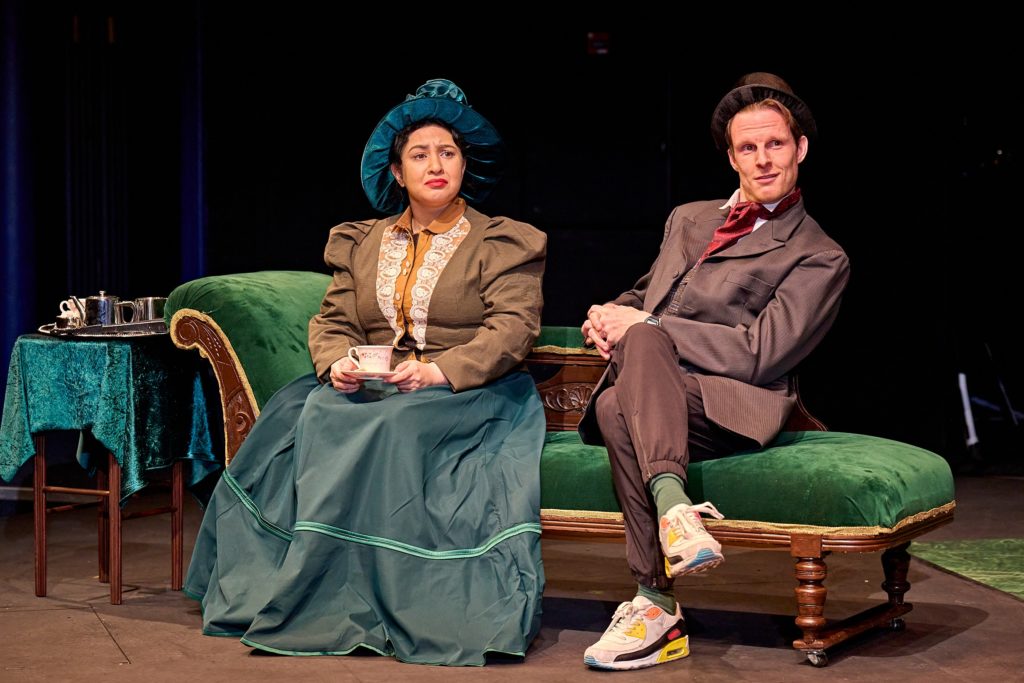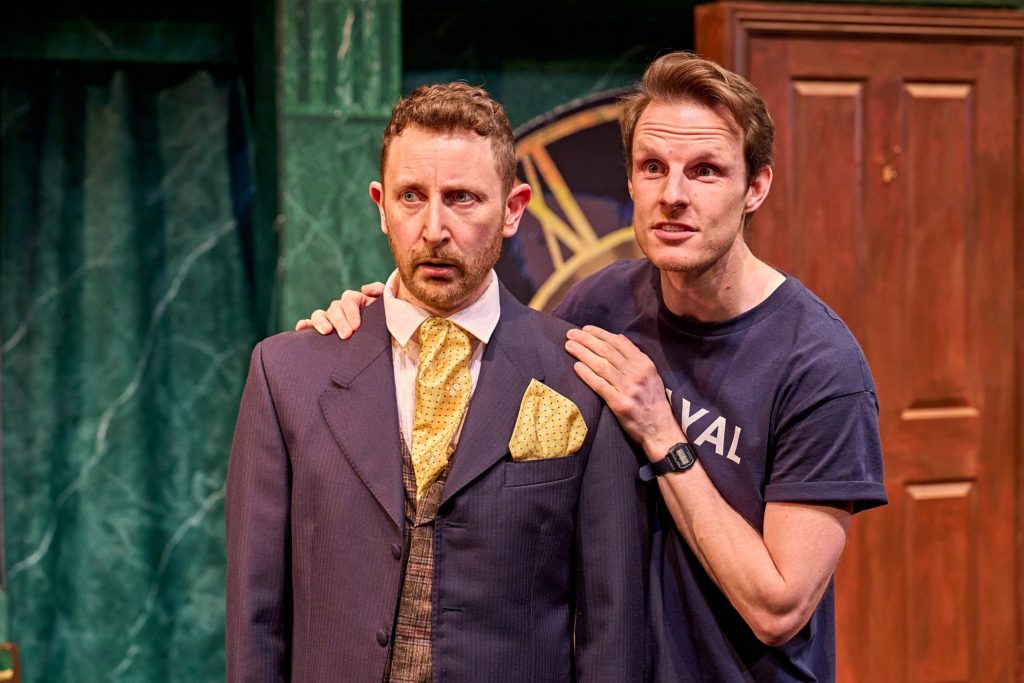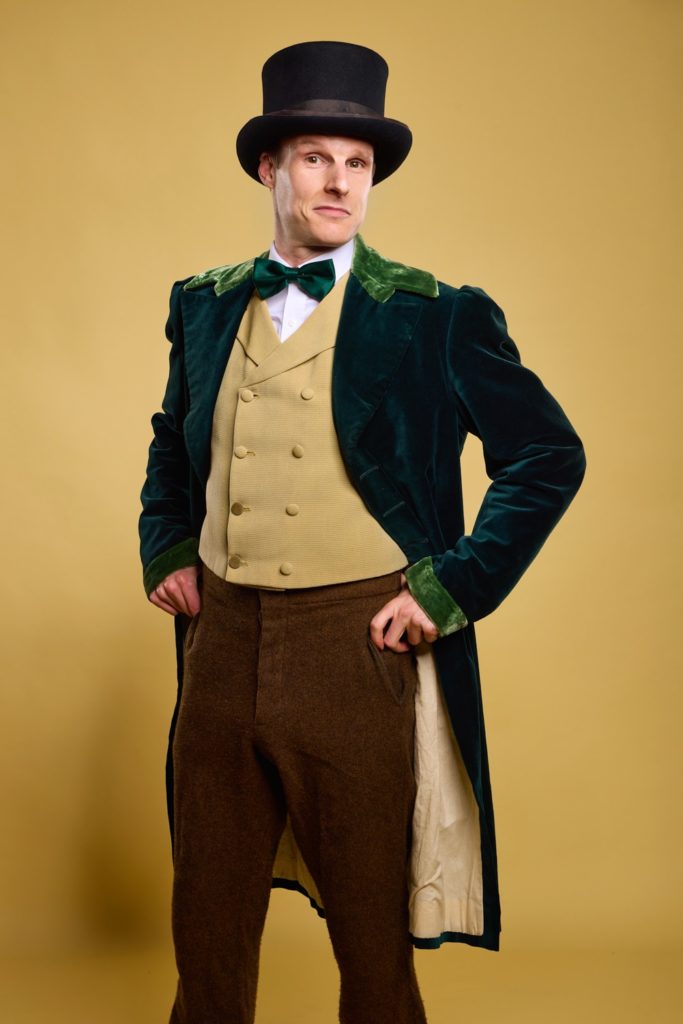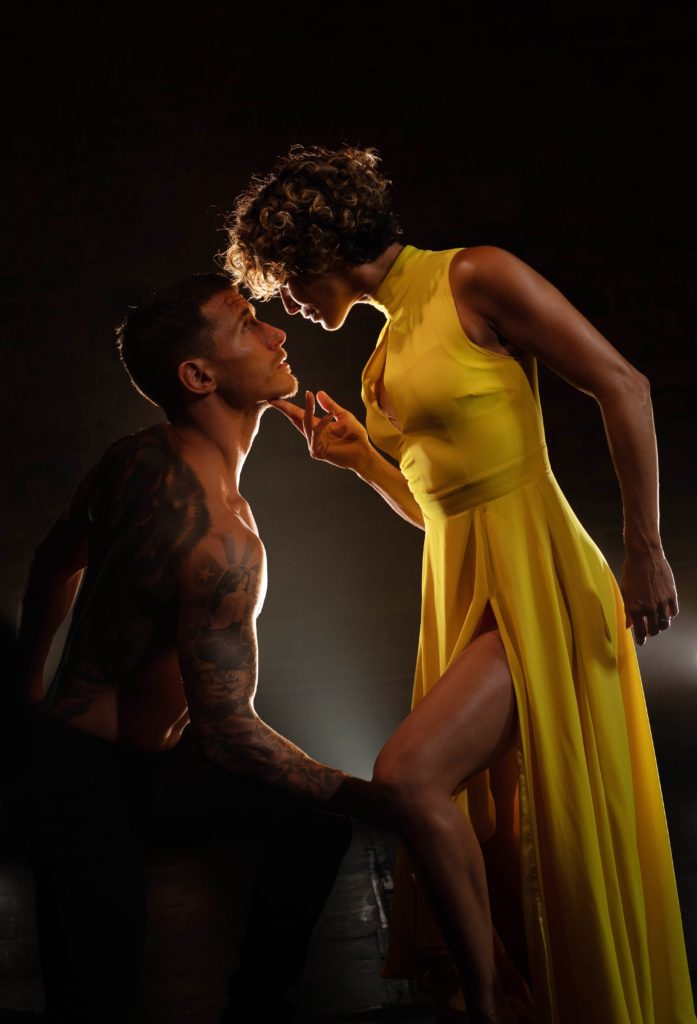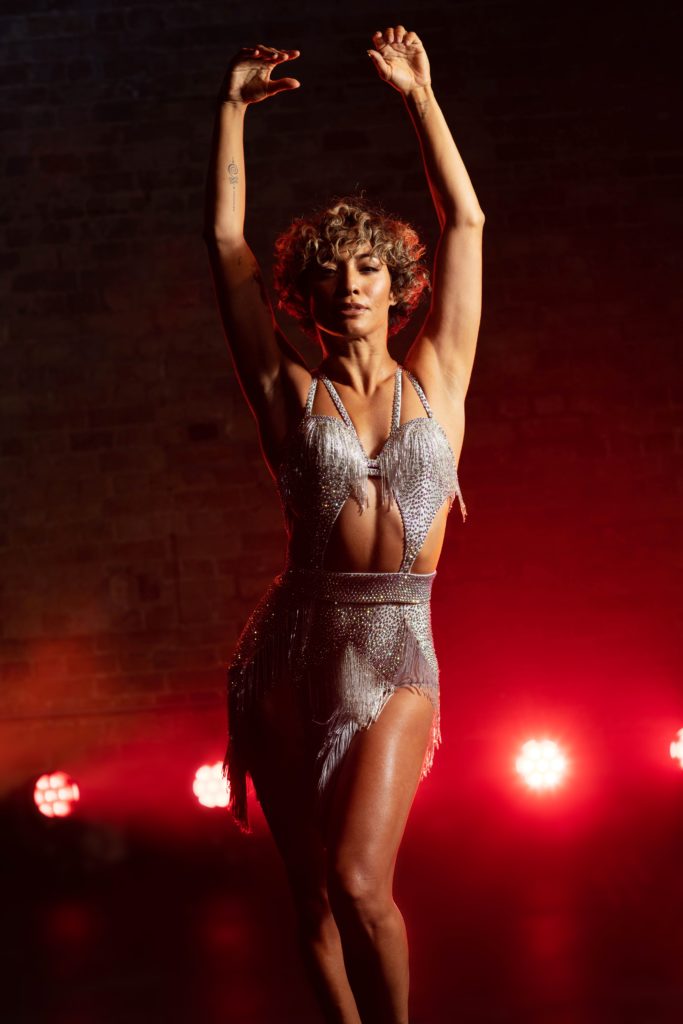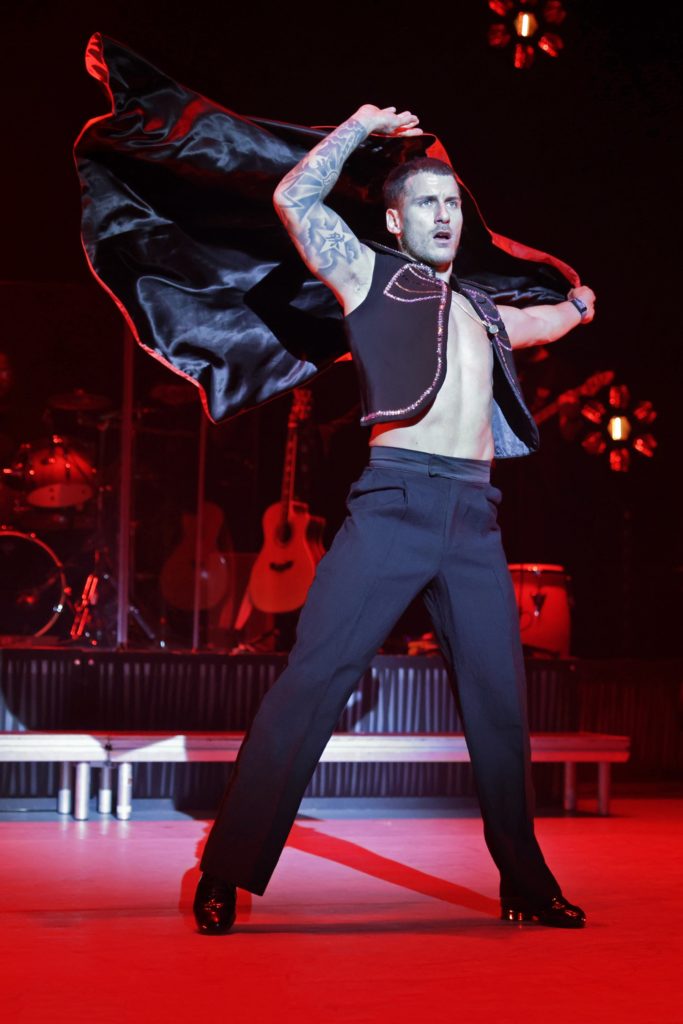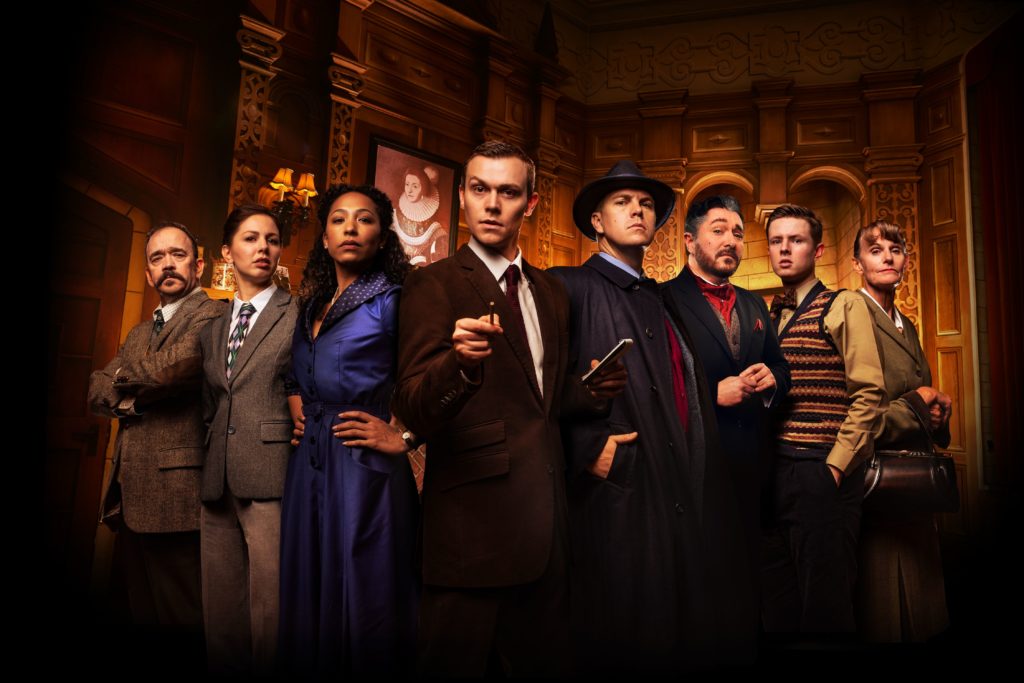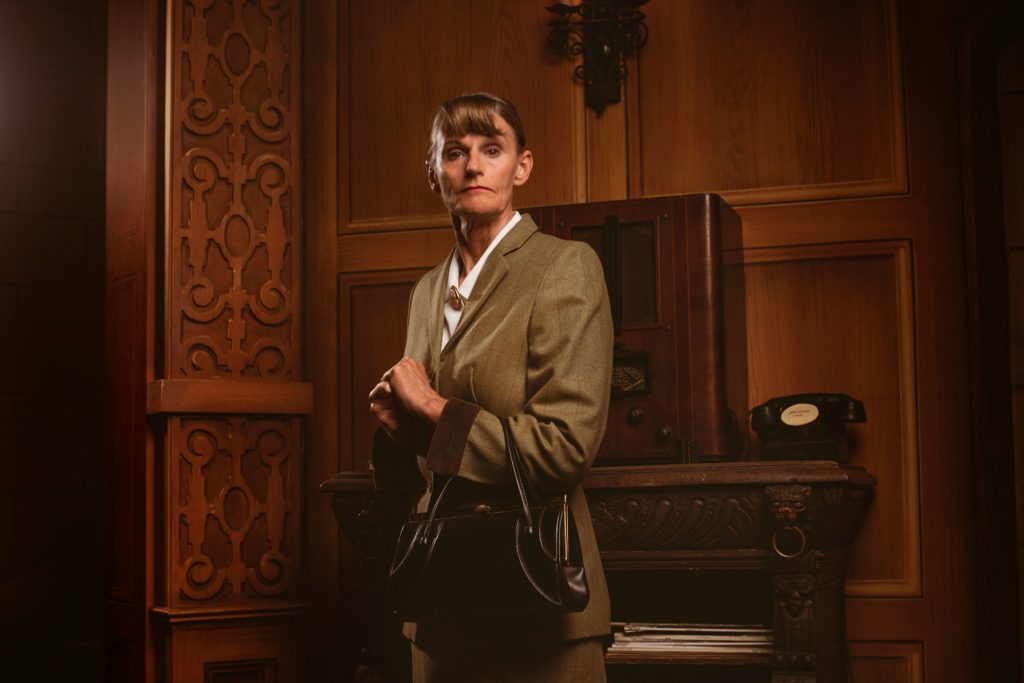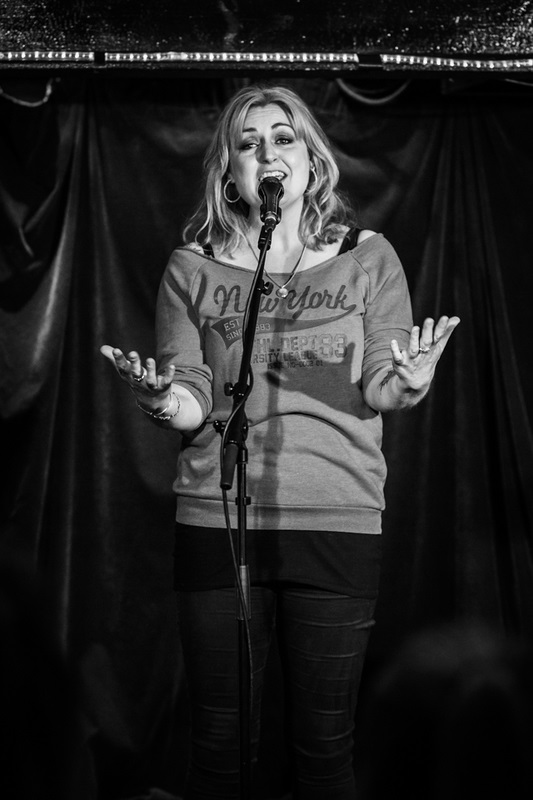
YORK writer, actress, performance poet, slam champion, theatre maker, workshop leader and university lecturer Hannah Davies will launch her debut poetry collection, Dolls, at York Literature Festival on Saturday night (18/3/2023).
The event will be presented in collaboration with her high-energy York spoken-word compadres Say Owt at The Crescent community event, when Hannah’s readings will be complemented by poetry from team Say Owt, Sylvia Marie and Sally Jenkinson, coming all the way from Brighton, plus live music from Pascallion (Jack Woods) and Hull singer-songwriter Ysabelle Wombwell.
Say Owt artistic director Henry Raby says: “Hannah is Say Owt’s associate artist, running open mic nights and workshops and supporting poets across York. We’re delighted to launch Hannah’s first poetry book. Dolls is a fierce and tender collection about womanhood, motherhood, feminism and survival. Hannah is a spellbinding storyteller and her writing is warm, lyrical and bold.”
Hannah enthuses: “I’m thrilled to be launching my poetry collection as part of York Literature Festival. There are poems in here that I’ve been performing for years, and some that haven’t seen the light of day at all.”
Why is the collection entitled Dolls, Hannah? “Dolls was the first poem I ever performed in a slam: the Say Owt slam,” she says. “That poem talks about how a woman is made up of all the dolls she owned in her childhood.
“Each chapter has a different doll as its title. Baby Doll, Russian Doll, Barbie Doll. It’s a good time for me to take stock, creatively, and having all these pieces in one book feels like the end of an era in a way. I’m in a very different place to when I first dared myself to get on a stage and share my poems seven years ago. Who knows what creative writing adventures await next!”
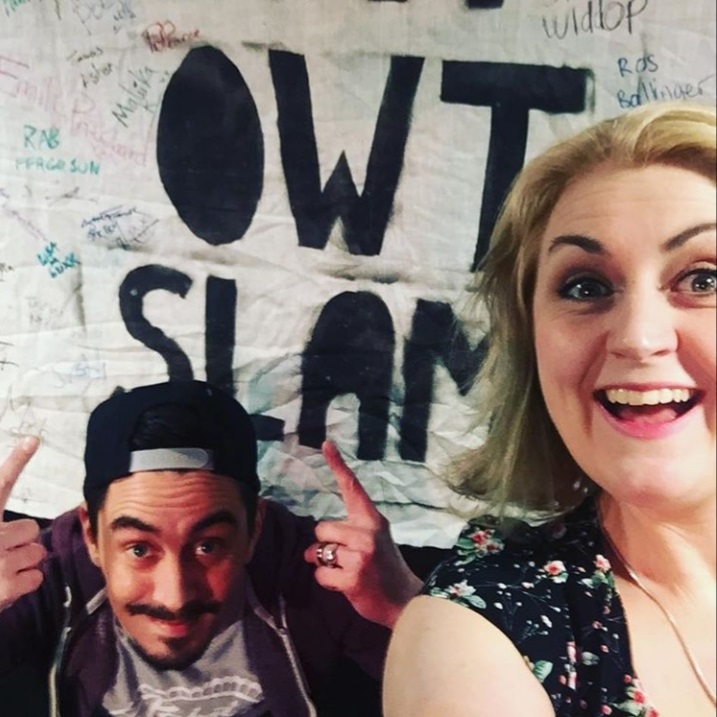
Hannah has edited her “back catalogue” of poems from poetry evenings and slam nights into themes, rather than compiling “just a scattergun collection”.
“The poems are thematically arranged under each doll title,” she says. “There’s a real split between performance poetry and poetry on the page, and all these poems in the collection were written to be performed, with my background in performing and writing for the theatre.
“Part of the editing process has been about making sure they work on the page, seeing how they unfurl in print, and I feel they work in both senses now, for performance and for reading in a book.
“Probably the book will be bought mostly at gigs when people have heard me perform, though I hope to shift a few copies online as well.”
Most of the poems were written between 2015 and 2022, complemented by a couple of newer pieces and two more that have not been performed but “felt right to fit in”.
“Because of my health, I’ve not been writing much poetry recently, but it was a good time to compile the book. It can be quite difficult to unify them under themes when you’re cutting your teeth with your first poems, spread over time, whereas later collections can be more tightly focused, when you can concentrate on a specific theme, such as ‘skin’,” she says in a reference to her skin condition, as charted in social media posts over the past year and more.

“There will always be that pressure for all artists to come up with something new, but it’s something I’ve learned in recent years, being ill, that you will have fallow periods where you have to take care of yourself or life takes over.
“I’ve never been a writer who writes every day but I do have periods of doing that. If you sit doing nothing or you say, ‘right, I’m going to write for six hours now’, it’s not going to happen. But if you sit down and write for ten minutes, maybe something will emerge.”
Why write poems, Hannah? “I like how they are short. That’s what drew me to them, having written plays [for Common Ground Theatre] and maybe being frustrated by how long it takes to write a play, whereas you can write a poem and perform it immediately.”
Being a mother (to Max) feeds into her work too. “Motherhood runs throughout the book. Being a mother, having a mother, not having a mother,” says Hannah, whose mother died in a car crash when she was 12. “It all absolutely informs my work.”
As she looks forward to tomorrow’s launch, Hannah admits: “I’m excited, if a little terrified too, but I’ve always wanted a book with my name on it since I was six.”
Say Owt and York Literature Festival present Hannah Davies: Dolls Book Launch, at The Crescent, York, on March 18. Doors open at 7pm for 7.30pm start. Tickets: £10 in advance at thecrescent.com; £15 on the door.
Hannah Davies joins Say Owt’s Henry Raby and North Yorkshire cross-country runner, coffee barista and poet Olivia Mulligan for a Poetry Evening at The Courthouse, Thirsk, presented by Rural Arts on May 26 at 7.30pm. Box office: ruralarts.org.
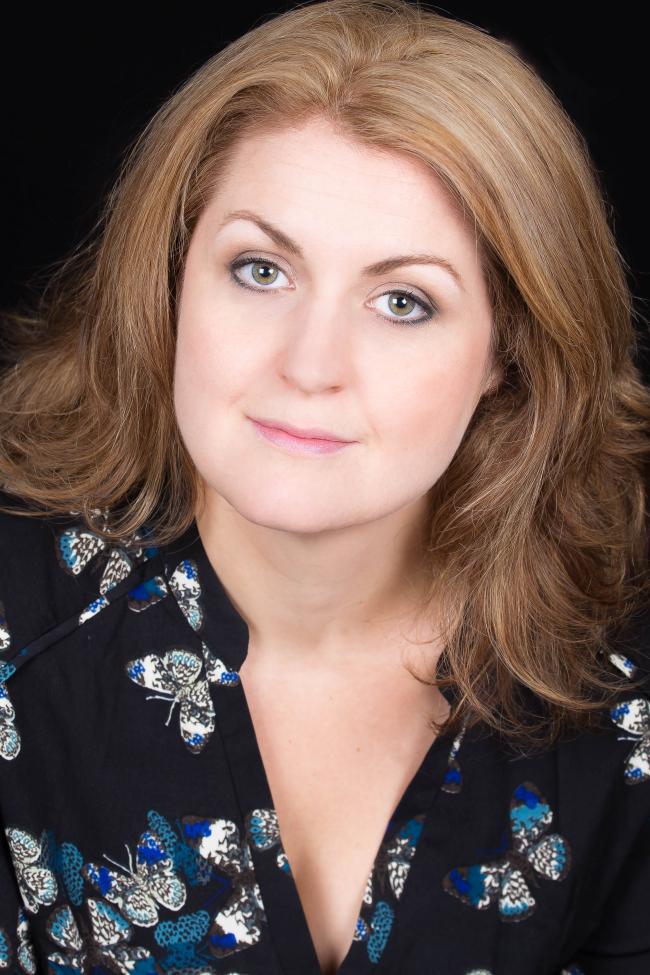
Hannah Davies: The back story
SAY Owt associate artist Hannah is a spoken-word slam winner at Great Northern Slam (2016) and Axis Slam (2017) and Word War 4 Champion, plus a finalist at BBC EdFringe Slam and the Hammer & Tongue Nationals.
She has performed at poetry nights across the country (Find The Right Words, Sonnet Youth, Tongue Fu, Evidently, Inua Ellams Rap Party, She Grrrowls and Women Of Words).
She is an experienced theatre-maker and facilitator (Royal Court, York Theatre Royal, Trestle Theatre Company, Guild Of Misrule, Company Of Angels, Pilot Theatre and Arcade).
She lectures in playwriting at the University of York in the School of Arts and Creative Technologies.
In York International Women’s Week 2023 , she gave a writing workshop at York Explore Library on March 12.
She runs the young women’s creative collective for Arcade, the Scarborough and Bridlington community producing company, working in Bridlington with women making their own performance projects. Last July they took part in Arcade and the Collaborative Touring Network’s project with Zimbabwean musician, actor and artist John Pfumojena at St John’s Burlington Methodist Church, Bridlington.

